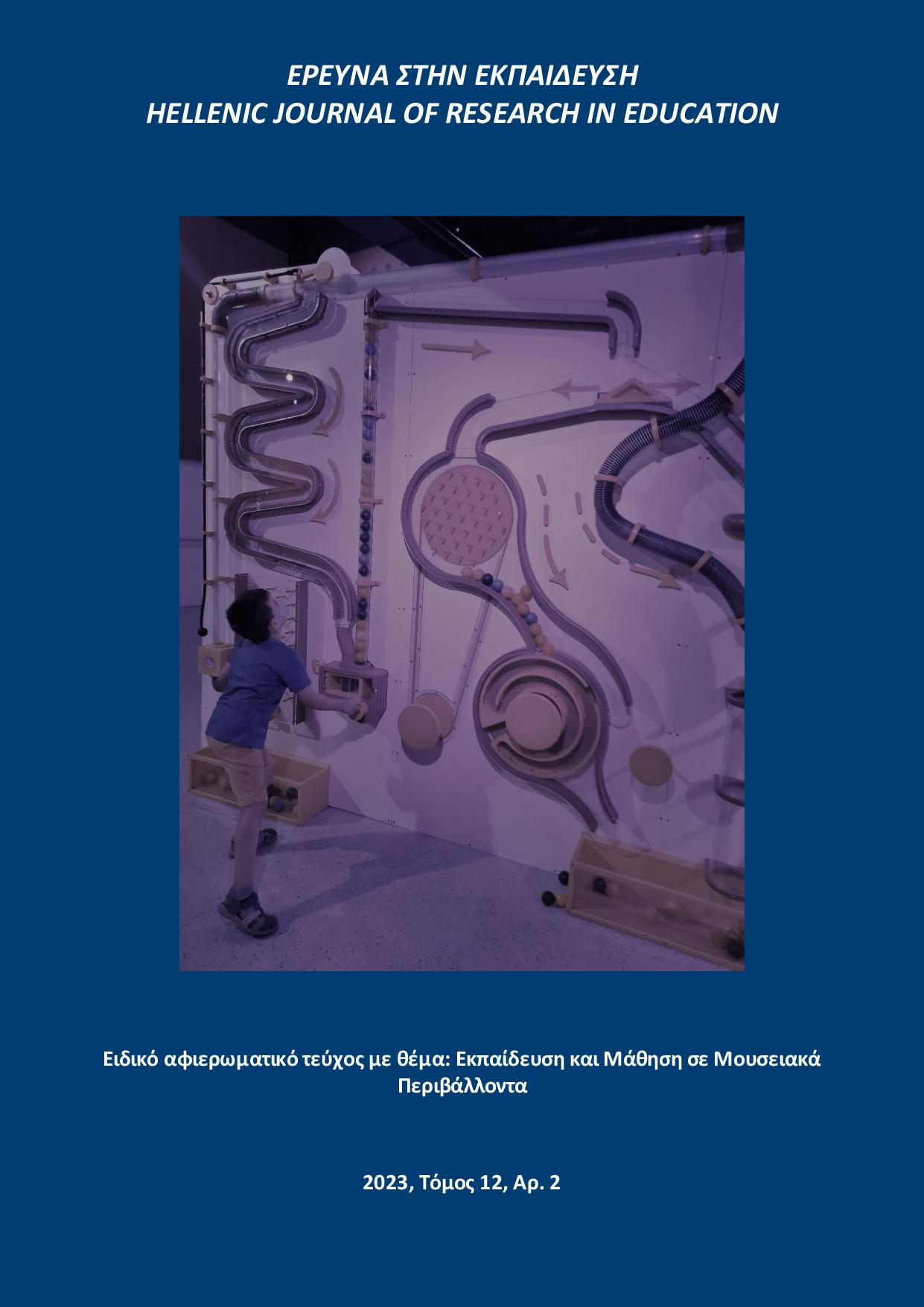Chatting about the past: dialogic digital experiences for history education

Abstract
Social interaction is present in many aspects of our daily lives, even more in education. Research has shown that it positively affects learning in the environment of a museum, while dialogue - as a common type of social interaction - is an integral part of collaborative learning, especially in the context of history education. In this article we examine the use of collaborative and interactive experiences in cultural heritage sites. We present two experiences created for the archaeological site of the Ancient Agora. One experience concerns the activity of a collaborative interactive digital storytelling in the Ancient Agora, in which users are involved in discussion during the decision points of choice and make decisions together. The second activity concerns the discussion with a chatbot, which acts as a facilitator, leading the participants to a dialogue around issues related to aforementioned digital storytelling and Ancient Athens, which are also inherent in modern human concerns, such as freedom, religion, the social structure etc. The presentation of the two experiences emphasizes the value of interactive and collaborative approaches to students' contact with cultural goods. Students engage in constructive dialogue with each other, through perspective, collective reflection, and connections to the present.
Article Details
- How to Cite
-
Servi, K., Katifori, A., Roussou, M., & Petousi, D. (2023). Chatting about the past: dialogic digital experiences for history education. Hellenic Journal of Research in Education, 12(2), 1–21. https://doi.org/10.12681/hjre.30406
- Section
- Articles

This work is licensed under a Creative Commons Attribution-NonCommercial-ShareAlike 4.0 International License.
Authors who publish with this journal agree to the following terms:
- Authors retain copyright and grant the journal right of first publication with the work simultaneously licensed under a CC-BY-NC-SA that allows others to share the work with an acknowledgement of the work's authorship and initial publication in this journal.
- Authors are able to enter into separate, additional contractual arrangements for the non-exclusive distribution of the journal's published version of the work (e.g. post it to an institutional repository or publish it in a book), with an acknowledgement of its initial publication in this journal.
- Authors are permitted and encouraged to post their work online (preferably in institutional repositories or on their website) prior to and during the submission process, as it can lead to productive exchanges, as well as earlier and greater citation of published work (See The Effect of Open Access).


